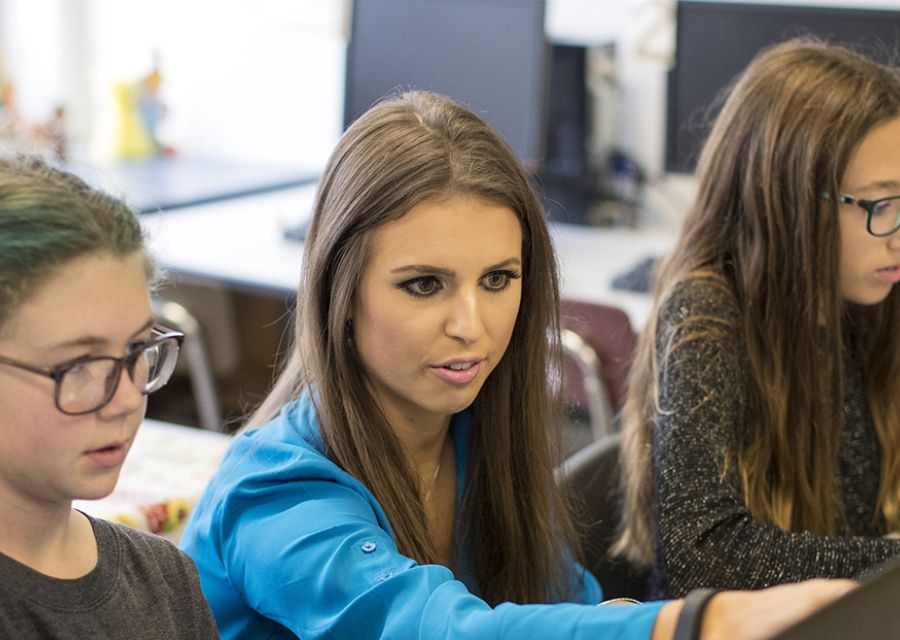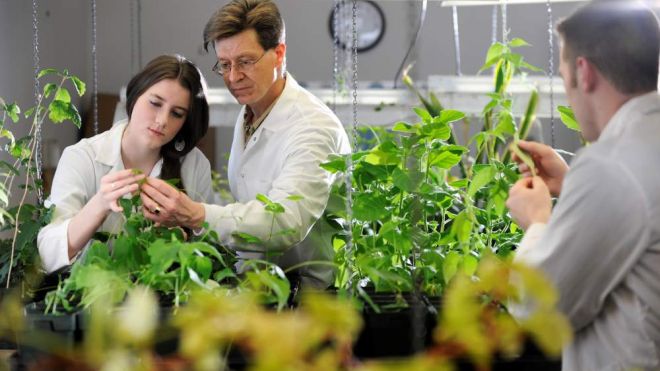
Buffalo, NY - While federal funding cuts are threatening teacher residency programs across Western New York and throughout the state, Canisius University's Teacher Residency Program stands strong with a sustainable funding model that doesn't rely on federal grants.
This strategic positioning is crucial for addressing the critical need for qualified teachers in districts like Buffalo Public Schools, particularly in high-demand areas such as special education.
Unlike many teacher residency programs at risk due to federal funding cuts, Canisius' program operates through a comprehensive partnership model. Teachers in the program are considered employees and teaching assistants who are paid by partner schools, while additional funding comes through partnerships with local, state and private foundations, including the Cullen Foundation and the Buffalo Urban Teaching Fellows.
"With federal grant money, you just never know," said Lorrei DiCamillo, professor in teacher education and co-director of the Canisius University Teacher Residency Program.
The program also provides significant financial support to participants through a Teacher Residency Scholarship that covers 30% of graduate tuition, with residents eligible to receive scholarships of up to $15,000—all funded without federal dollars.
The Canisius Teacher Residency Program offers a more extensive and comprehensive experience than traditional student teaching. The program typically spans two years, with a three-year model available for adult learners managing career transitions or family responsibilities.
"Teacher residents are just better prepared," DiCamillo explained. "They've been in these schools everyday as teacher assistants, and are now ready to take on a lead teacher role."
Since launching in 2021 with six students, the program has grown significantly to approximately 44 participants across two cohorts. Canisius partners with 12 schools that frequently hire program graduates because of their superior preparation. During their residency, participants work closely with mentor teachers and earn dual certification in general and special education.
The model, adapted from medical residency programs, has been used in the United States for about 30 years but only arrived in Western New York about a decade ago. Canisius developed its approach by studying successful residency programs in Chicago and Fresno, California, adapting best practices for the Western New York educational landscape.
Joyce Fanning, co-director of the Canisius University Teacher Residency Program, emphasizes the program's focus on work-life balance and accessibility for working adults.
"We've been very much in tune to the needs of our residents," Fanning said. "We've always promoted the program to be for working adults, so we believe in that work, life, school balance."
The program strategically targets the state's highest-need areas, including special education, English as a Second Language, adolescent education, mathematics and science. Most program graduates are now leading their own classrooms, contributing to the critical pipeline of qualified educators.
The program's sustainability and growth come at a time when The Buffalo News recently reported on the challenges facing teacher residency programs due to federal funding uncertainties, highlighting Canisius' strategic advantage in maintaining program stability and growth.
Canisius was founded in 1870 in Buffalo, NY, and is one of 27 Jesuit colleges and universities in the U.S. Consistently ranked among the top institutions in the Northeast, Canisius offers undergraduate, graduate and pre-professional programs distinguished by close student-faculty collaboration, mentoring and an emphasis on ethical, purpose-driven leadership.



